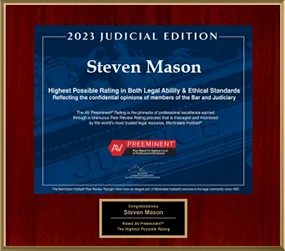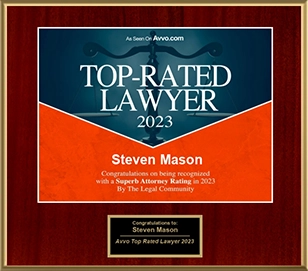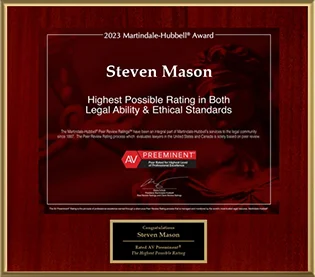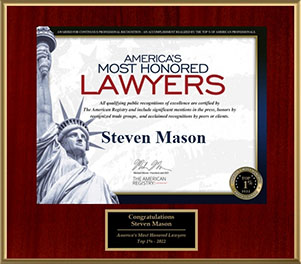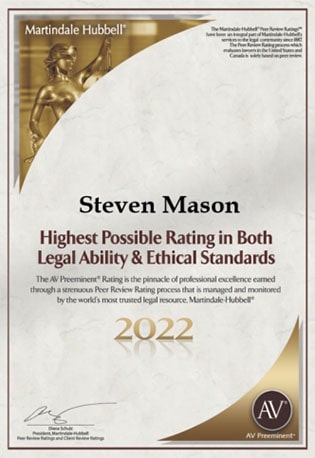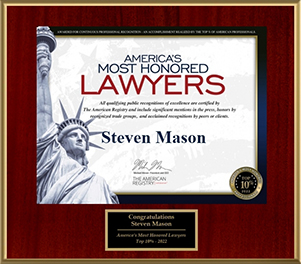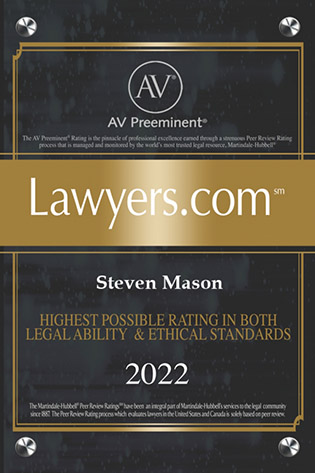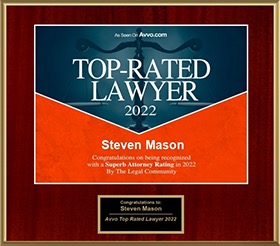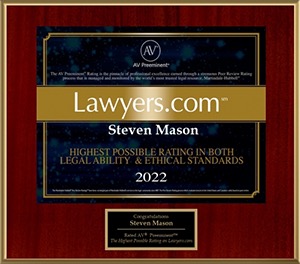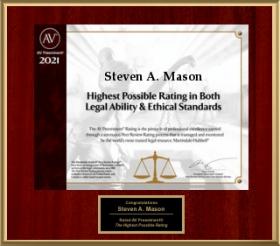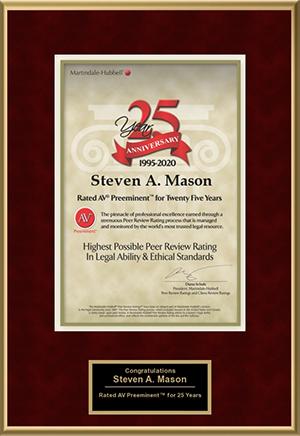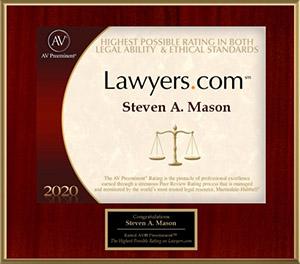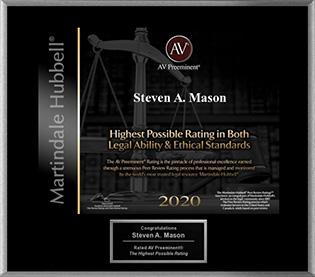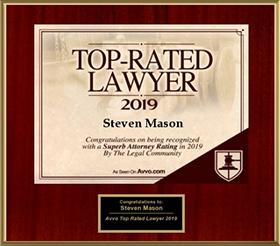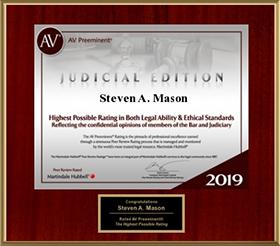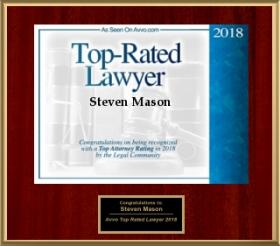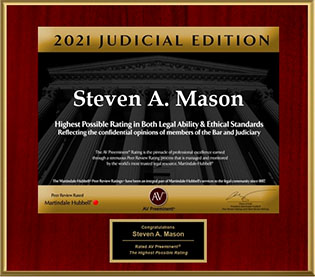Florida Court Rules on HOA Documents
If you’re involved in a dispute with your homeowners’ association in Hollywood, Florida, you’ll want to know more about a recent decision from Florida’s Fourth District Court of Appeal. In Pudlit 2 Joint Venture LLP v. Westwood Gardens Homeowners Association Inc., the court held that the governing documents of a homeowners’ association, rather than state law, will control homeowners’ association disputes concerning responsibility for previously assessed HOA fees. And in this instance, it’s a good thing for condo buyers.
RPPTL Reports on the Facts of the Pudlit 2 Case
The Real Property, Probate & Trust Law Section of the Florida Bar (RPPTL) recently reported on the Pudlit 2 decision and its implications for future HOA disputes. In short, the court’s ruling suggests that the law is not the “be-all and end-all” when it comes to disagreements with homeowners’ associations.
In Pudlit 2, the buyer purchased two foreclosures in Westwood Gardens. After the sales were finalized, the HOA demanded that the buyer, Pudlit, pay “all Association assessments accruing while Pudlit held title, and assessments accruing before Pudlit acquired title.” In other words, the HOA required the buyer to pay overdue assessments that accrued before Pudlit owned the properties. Pudlit paid the assessments but filed a claim against Westwood Gardens.
The appellate court had to decide whether the language of Florida Statute Section 720.3085 is retroactive, and thus could be used to “impair, or supersede, a pre-existing declaration provision.” In other words, can statutory law governing payment for assessments and lien claims supersede the language used in an HOA Declaration of Covenants?
Florida Law Cannot Impair or Supersede
At the trial court level, the holding favored the HOA. There, the court looked at the language of the statute to determine that, when it comes to payment of assessments, the purchaser of a property is “jointly and severally liable with the previous parcel owner for all unpaid assessments that came due up to the time of transfer of title.” The statutory language from Section 720.3085(1)(a) states:
- “The claim of lien secures all unpaid assessments that are due and that may accrue subsequent to the recording of the claim of lien and before entry of a certificate of title.”
However, the appellate court overturned the trial court’s decision and ruled that the statutory language cannot impair or supersede HOA documents when it comes to a buyer’s obligation to pay previous assessments. The appellate court first emphasized that the legislative intent of Section 720.3085 wasn’t to impair contracts created between HOAs and homebuyers. It then focused on two specific sections in the HOA Declaration of Covenants. The first provides that:
- “Sale or transfer of any Lot which is subject to a mortgage . . . shall extinguish the lien of such assessments as to payments thereof which become due prior to sale or transfer.”
The second piece of language in the document provides that:
- “The personal obligation of delinquent assessments shall not pass to his successors in title unless expressly assumed by them.”
In looking at the legislative intent of the statute and the language of the HOA document, the appellate court held that a third-party purchaser in a case like this one isn’t responsible for previous assessments when the HOA document states otherwise. In other words, the statutory language of Section 720.3085 cannot impair the contract between Pudlit and the HOA.
Discuss Your Case with a Hollywood HOA Dispute Lawyer
Discussing the implications of the case, the RPPTL emphasized that the court’s decision may affect the ability for HOAs to collect assessments, but it will also likely result in HOAs amending the language of their contracts in the event of a dispute. If you have questions about your rights as a homeowner or need help with an HOA dispute, you should contact a Hollywood homeowners’ association dispute lawyer. Contact the Fort Lauderdale and Hollywood Law Offices of Steven A. Mason, P.A. for legal advice at 954-963-5900 or leave a message online.


